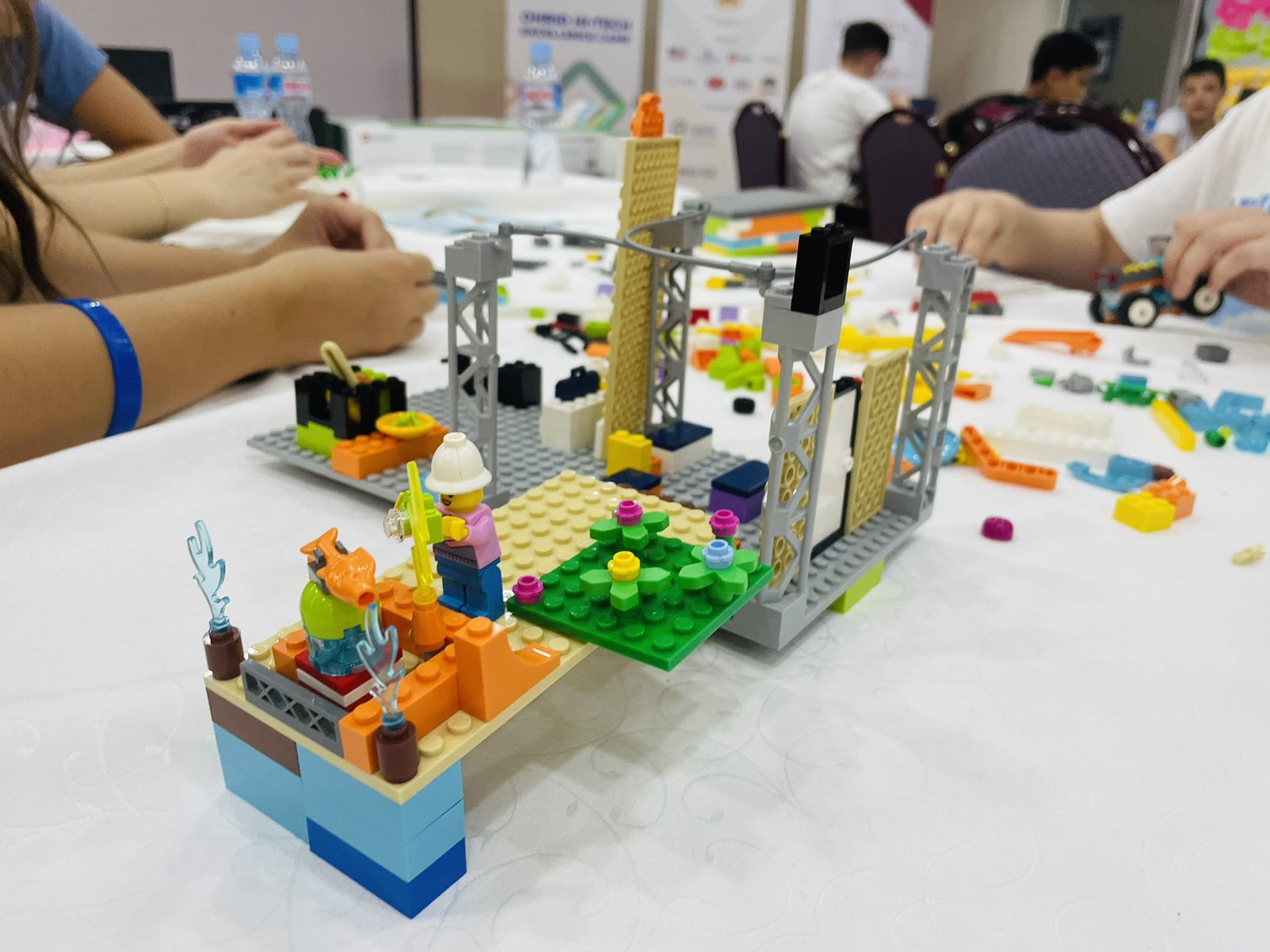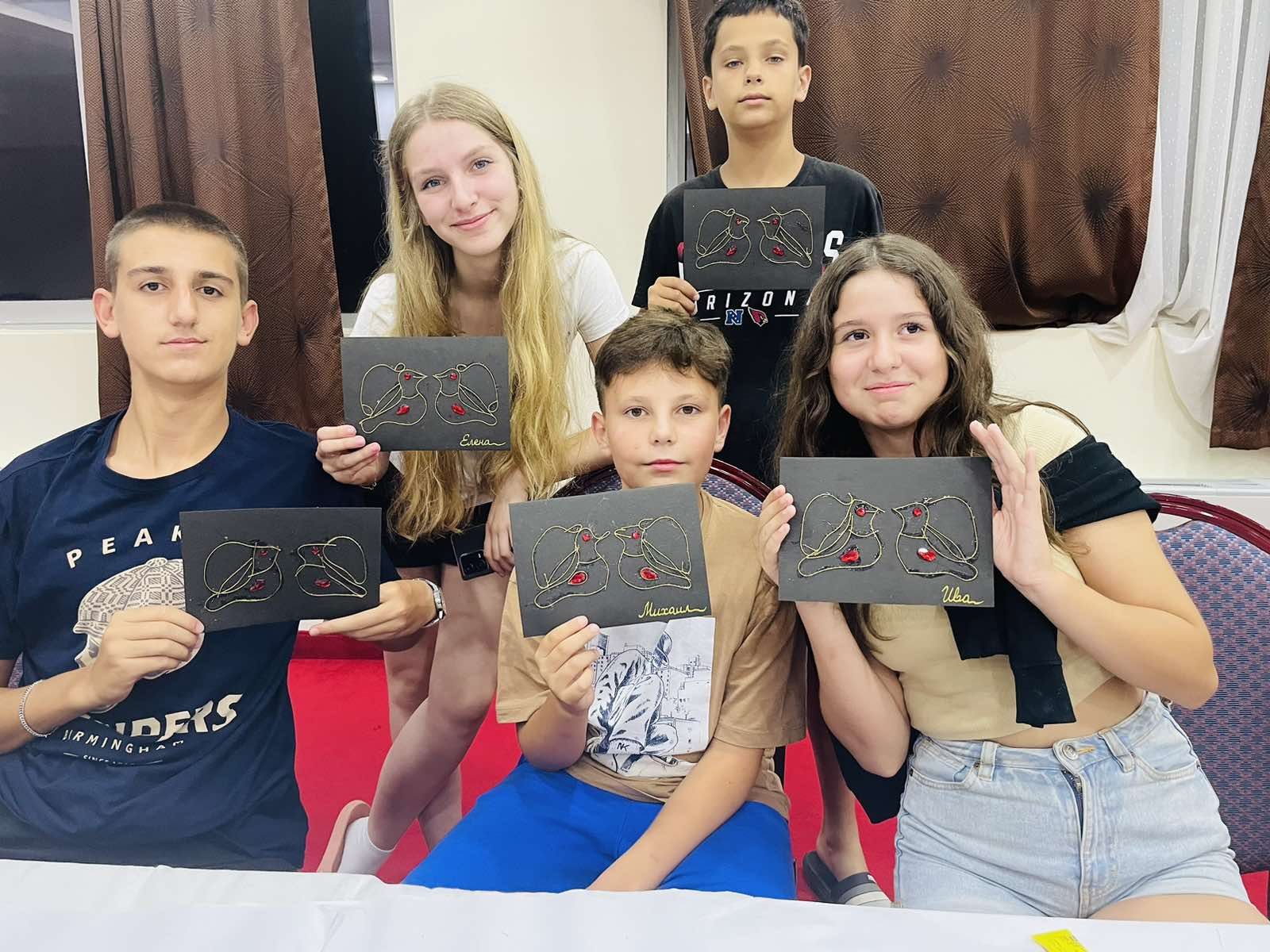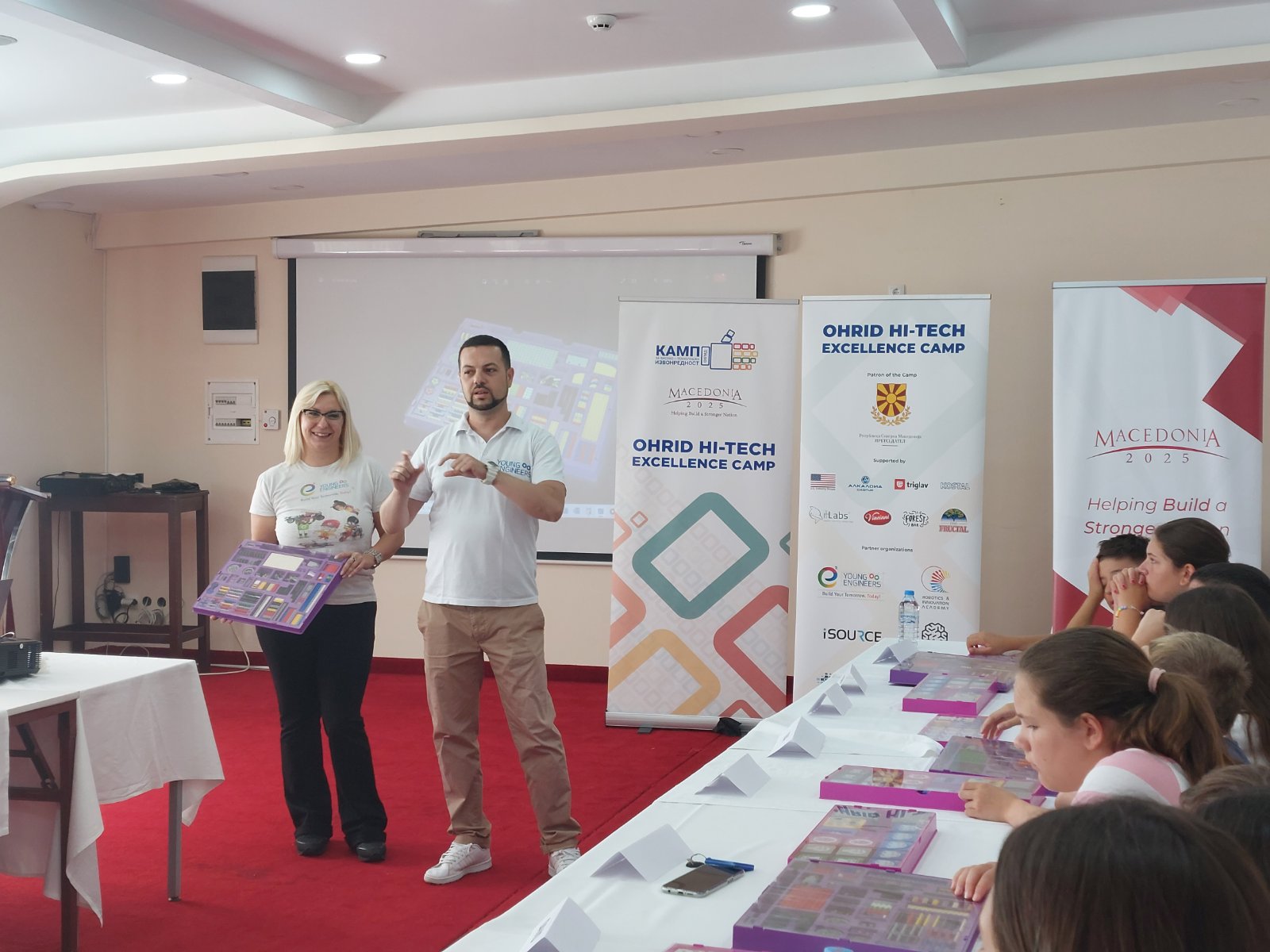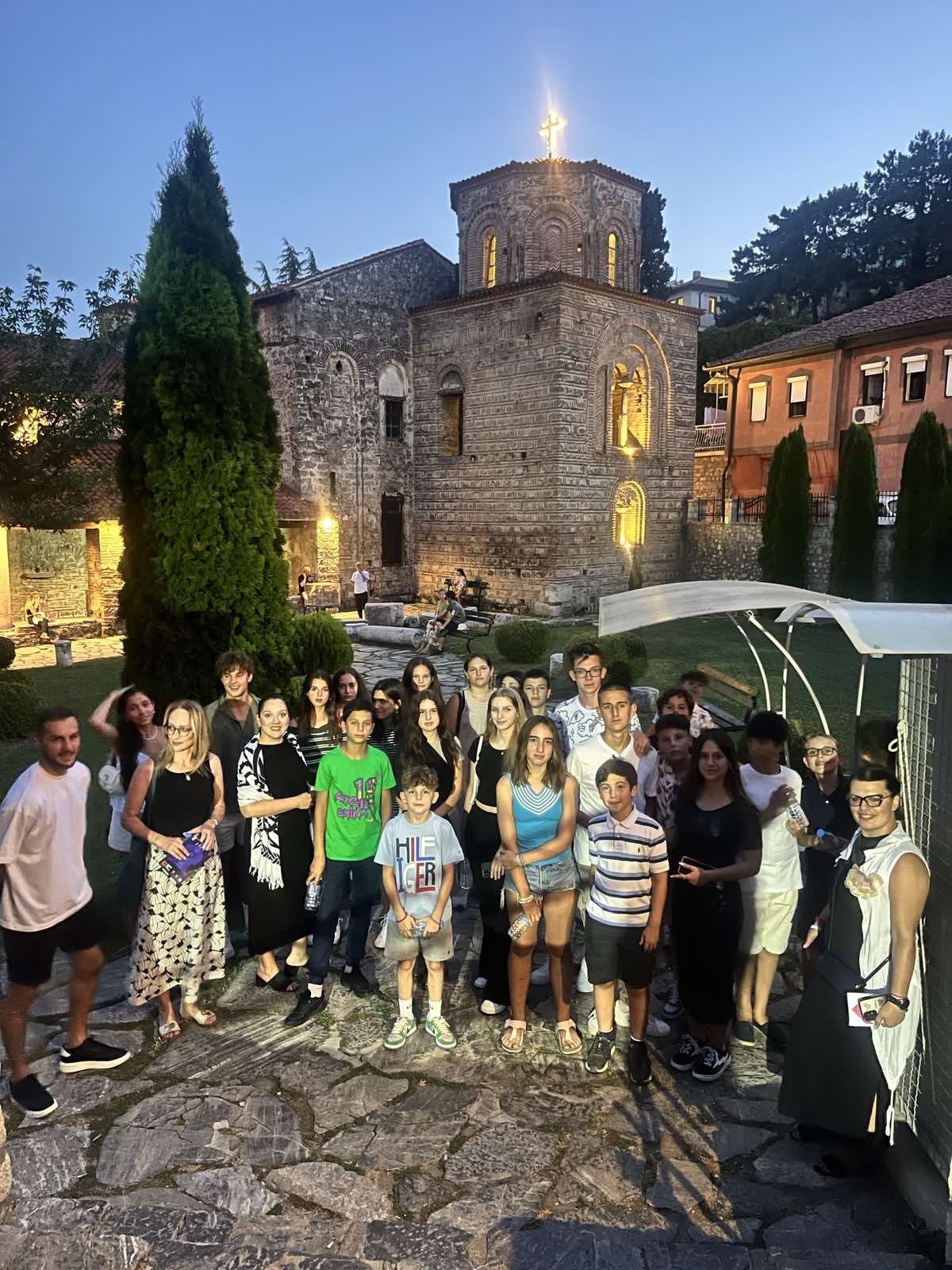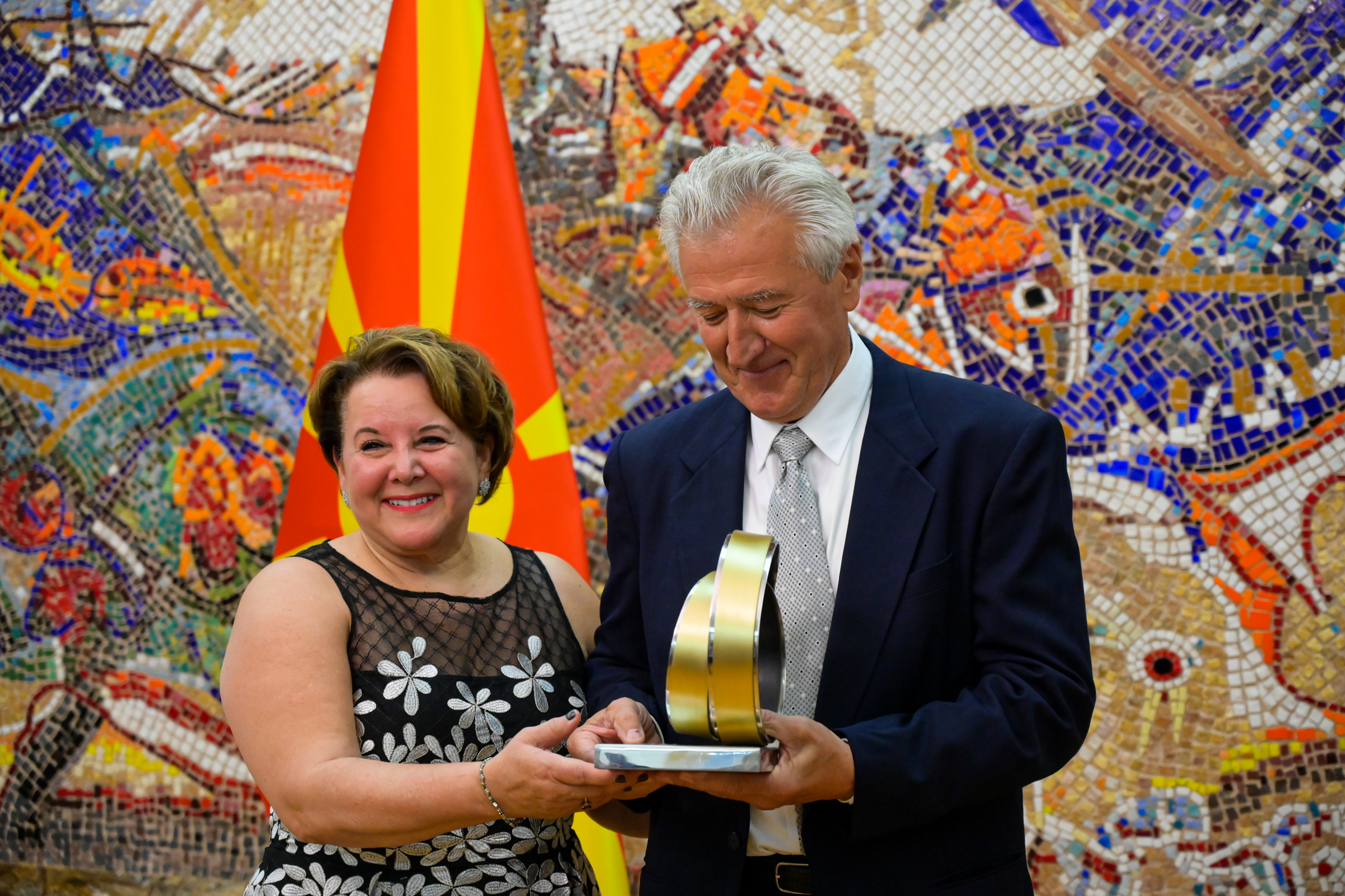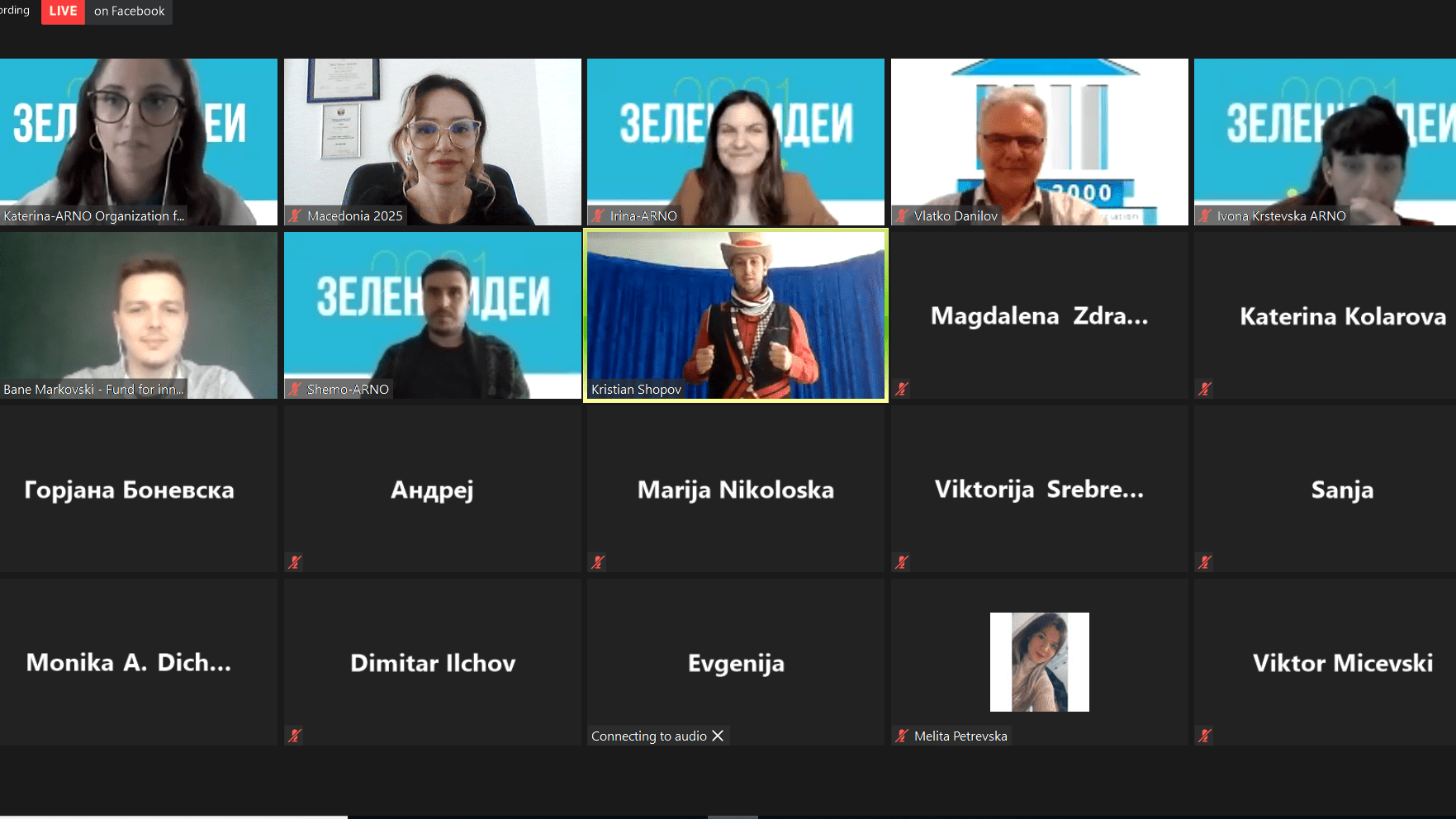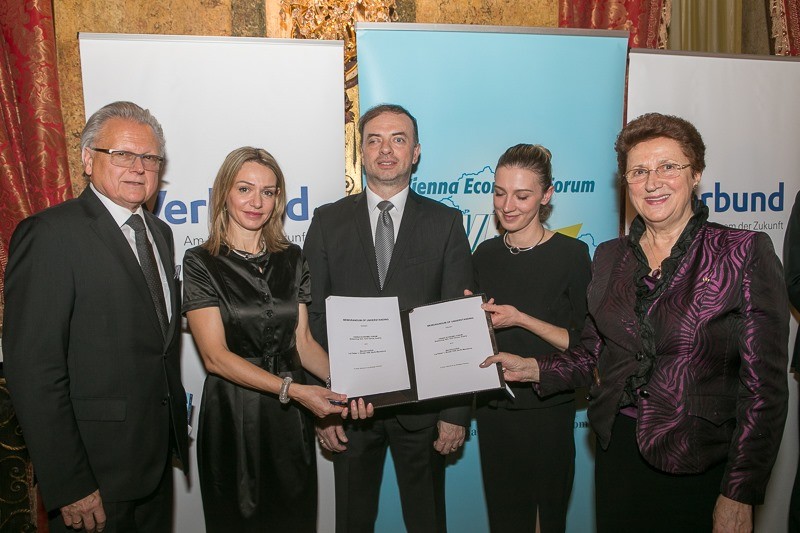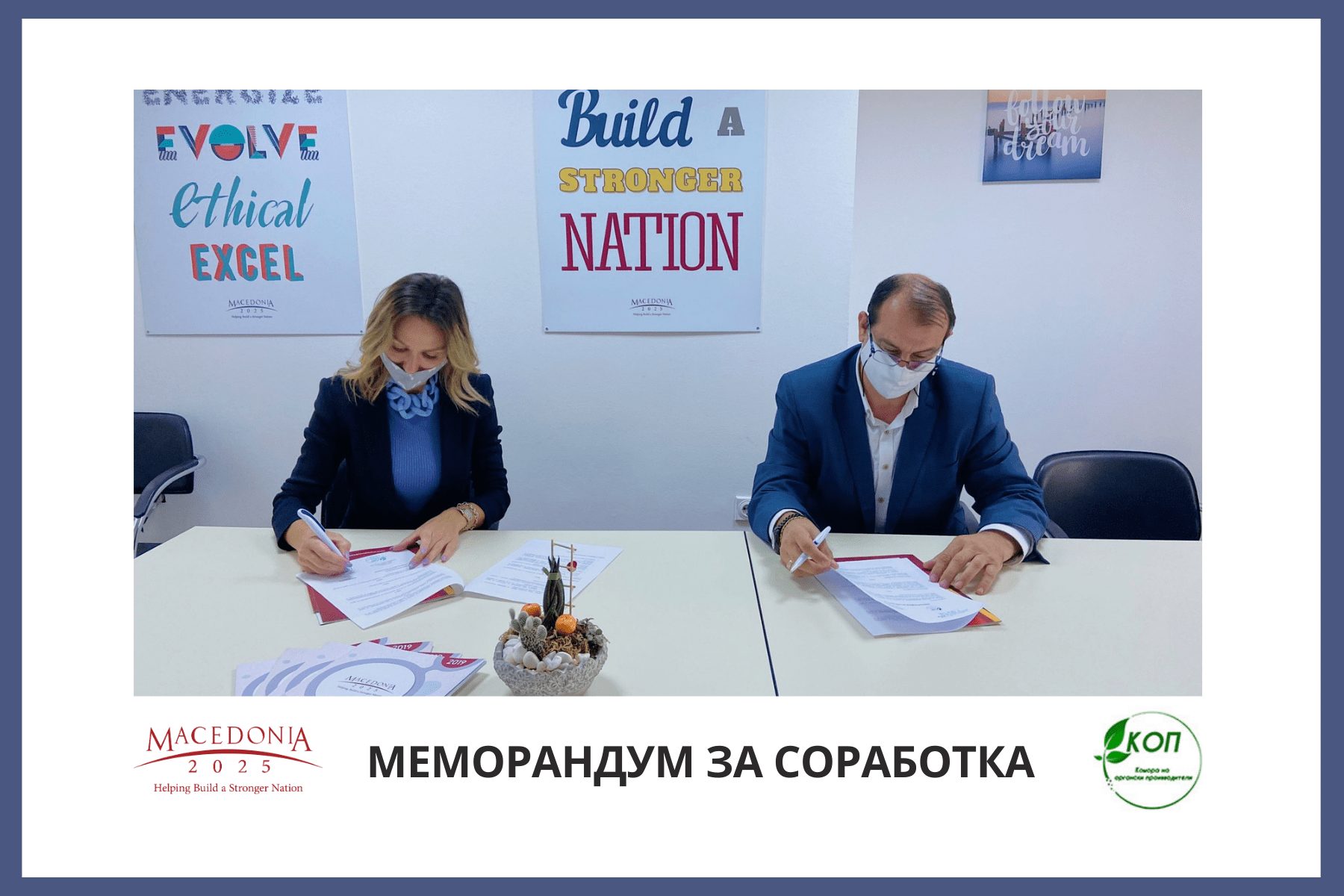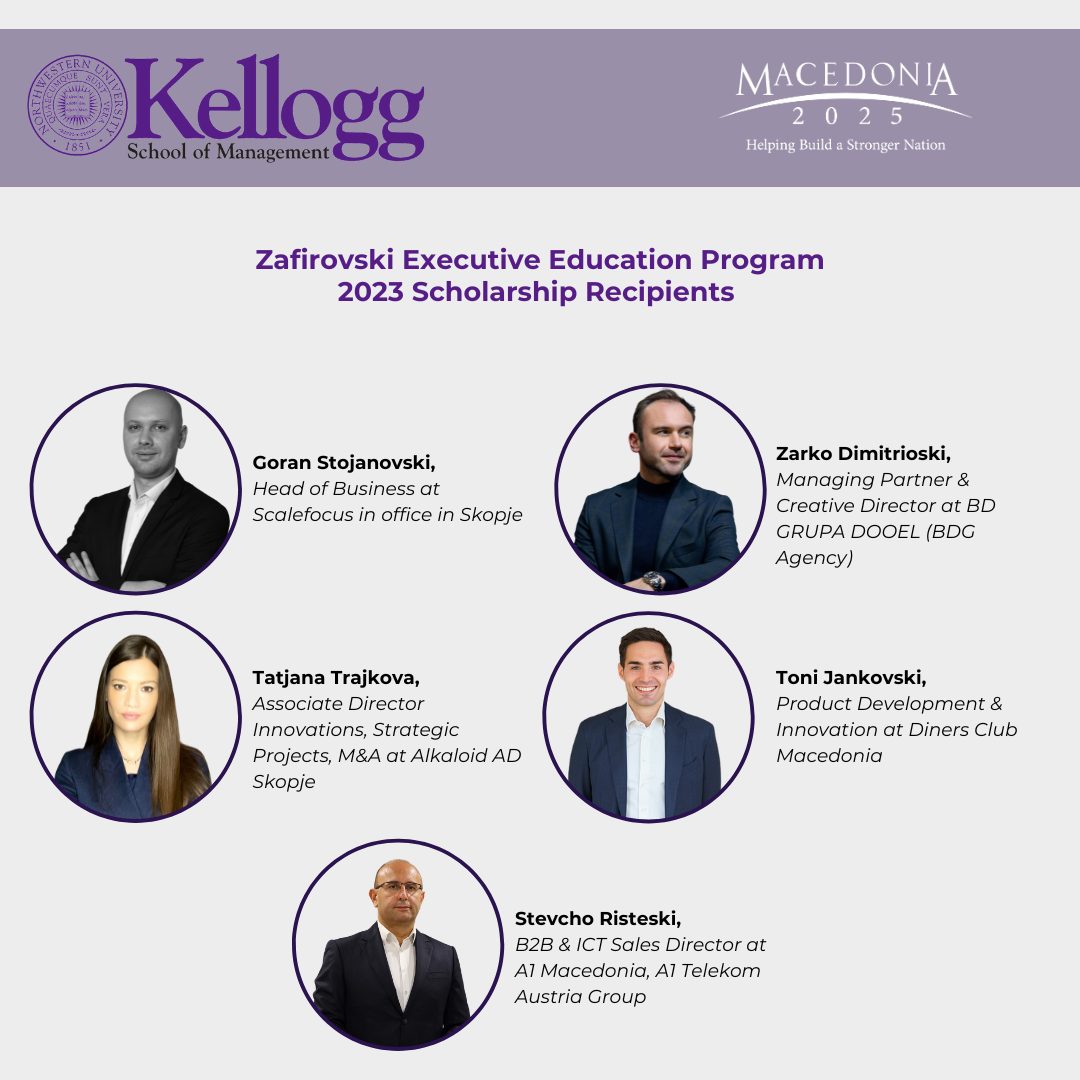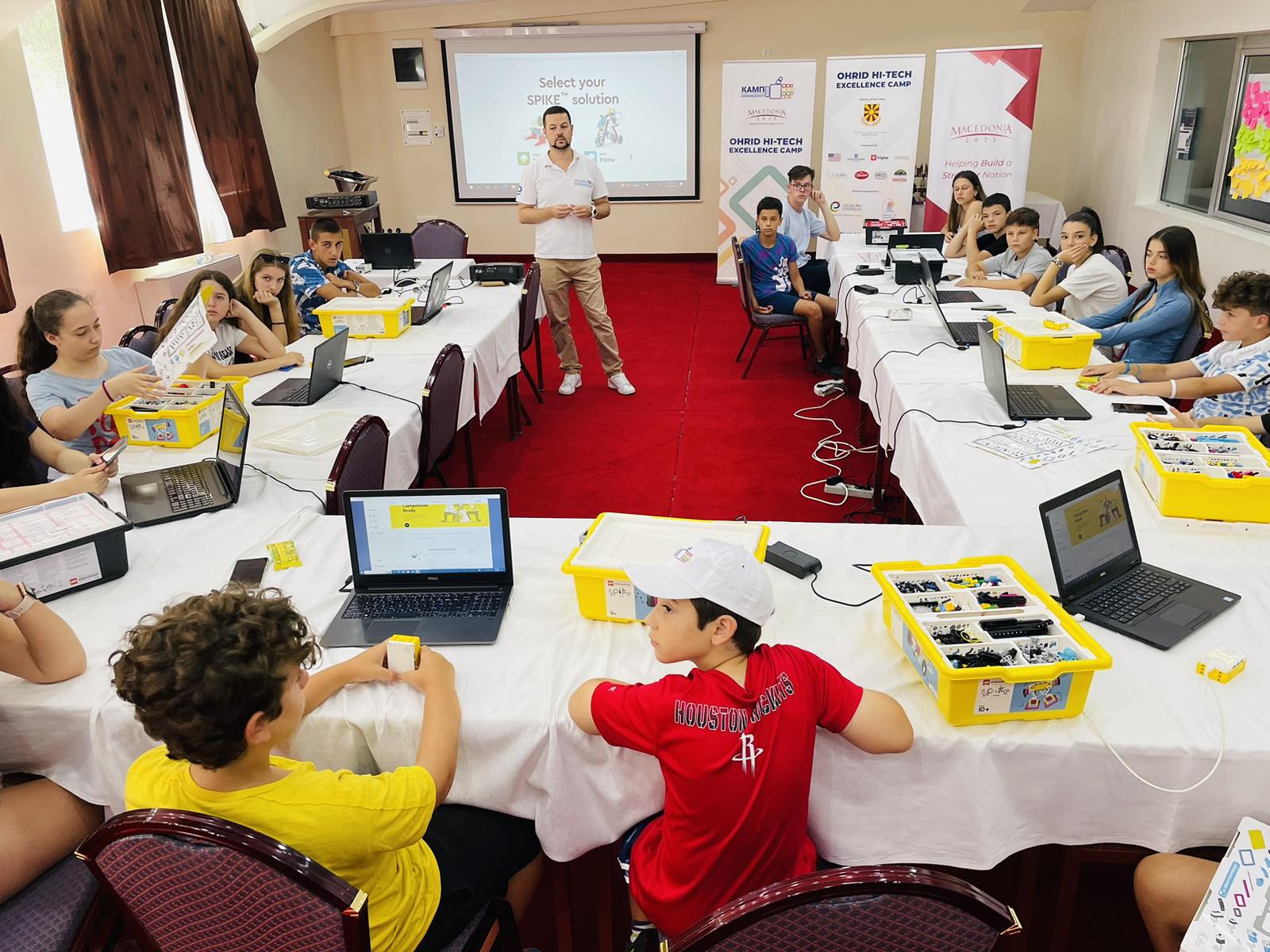
Day 5 brought a wave of excitement to the Ohrid High-Tech Excellence Camp! Our participants started their day with a refreshing boat trip to St. Kaneo, setting the tone for an adventurous day ahead.
Next up, they engaged in captivating robotics sessions with Robotic Academy. Through these sessions, students delved into the basic principles of robotics, mastering construction and programming techniques. An exciting challenge awaited our participants as they had the opportunity to build their own robots and program them for a competition. The thrill of completing missions within a given time frame added a competitive edge to their learning experience.
Amidst all the learning, the participants had a blast at the beach and swimming pool, making the most of the hot summer weather. These moments provided valuable networking opportunities and a chance to unwind and have summer fun together.
To round off the day, a special session on cybersecurity raised awareness about using technologies safely and responsibly. This informative session’s key focus was enhancing their consciousness and understanding of the importance of cybersecurity for children.
Today, we extend our heartfelt thanks to Bar and Breakfast (ForestBar), Fruktal, and Vincinni, who kept us sweet and flavored throughout the day.
Be sure to check out the breathtaking pictures from today’s activities, capturing the joy and enthusiasm of our participants at the #OhridHighTechCamp! Stay tuned for more updates as we continue to make unforgettable memories on this remarkable journey of learning and exploration.










